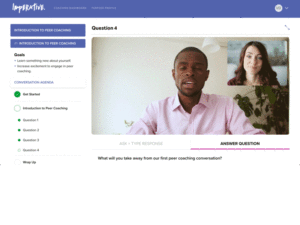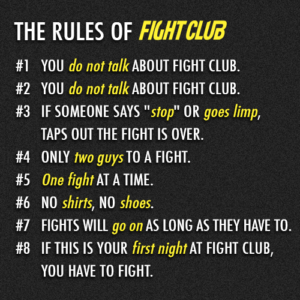Today on the Weekly Dose I take a look at a timely technology in a world of #MeToo #BLM #Covid-19! Vault Platform helps organizations resolve workplace misconduct including that related to Me Too, Black Lives Matter, COVID-19, and all other workplace issues with a safe speak-up app for reporting incidents.
Let’s be clear to start, this isn’t your parent’s workplace 1-800 hotline, where you called some third-party company that would listen to your story, filter it, and then pass it along to HR, who then call you in. Vault is a technology, mobile-first, platform that allows employees to report any type of workplace harassment, fraud, corruption, racism, etc., and document their experience. Then, when they feel the time is right, they can actually send this forward to be responded to.
Each time an employee reports it is dated and time-stamped and the employee has access to their actual record the entire time. Once an employee decides to move forward it gets sent to the appropriate parties within the organization to resolve the issue.
What I like about Vault:
– “Go Together” – when talking about things like sexual harassment and racism, many times an employee does not feel comfortable reporting on their own, but they also don’t trust others when they say they’ll also report. Vault’s “Go Together” allows an employee to report, but only move it forward once another employee reports the same or similar behavior, so they are not making these accusations on their own. It’s really a brilliant idea!
– Vault dashboard works as a case management dashboard so HR, legal, D&I, etc. can check and track that reports are being resolved and how they are being resolved. It allows executives to instant insight access to the real problems that are going on in their organization, unfiltered, right from their employees.
– It allows employees to communicate in a way that is most comfortable to them, mobile messaging, not a phone call talking to a stranger.
– Employees can record for as long as they want without reporting and always have access to their own words, an organization can not delete or edit the employee’s own records. Many times something happens to an employee but they aren’t sure if it’s actually harassment, but as they see a pattern of behavior begin to happen, it becomes clear. Keeping these records makes it easy for the employee to give proof of how long and how much this is happening.
Right now every single organization on the planet is concerned with the experiences their employees are having. Me Too, BLM, COVID, etc. have shown us that our employees are having very drastic differences in their experiences, and we need to give our employees access and the ability to share these with us quickly and easily if we want to truly make changes and improve their experiences.
I first saw Vault at the HR Technology Conference right after Me Too and I liked it. With the additional social and health issues today, it’s even a more relevant technology. Vault Platform happens to be the perfect workplace technology at the perfect time. I highly recommend you take a look and a demo.



